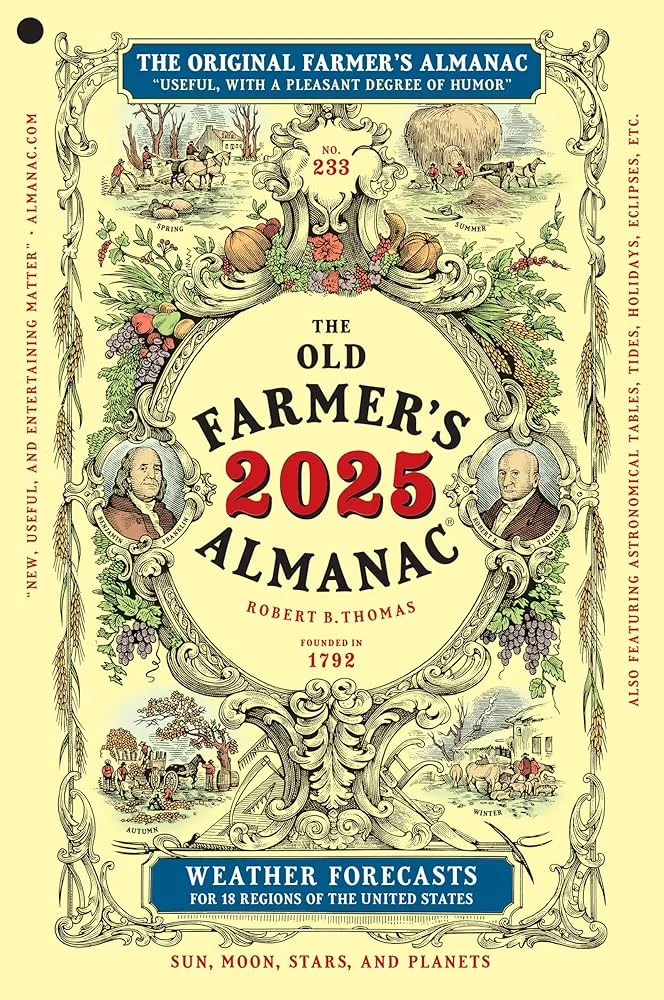Binance Pulse | BNB Price Trends
Binance Pulse | BNB Price Trends
The Farmers' Almanac, a publication claiming a 208-year history, is ceasing publication after its 2026 edition. This news, delivered via social media and press releases, presents a narrative of a beloved institution fading gracefully into the sunset. But let’s dig into what’s not being said.
The stated reason for the Almanac's demise is "increasing financial challenges." Okay, but what does that really mean in the context of a publication that's supposedly weathered two centuries of economic ups and downs? Circulation figures aren't readily available (a red flag in itself). It's difficult to independently verify the magnitude of these so-called financial challenges. Was this a slow bleed, or a sudden collapse? The lack of transparency is deafening.
The Almanac's editor, Sandi Duncan, stated the publication will "live on in the way that millions of readers share the bits of wit and wisdom they gleaned from the Almanac." A touching sentiment, no doubt, but it doesn't pay the printing bills. The pivot to "spirit" and "way of thinking" feels like a classic corporate maneuver to deflect from the cold, hard financial reality. The website and social media accounts will gradually shut down, according to the editors based in Lewiston, Maine. Does that sound like a thriving legacy to you? End of an era: Farmers’ Almanac to end publication after 2026 edition

Here’s my take: the internet killed the Farmers' Almanac. (Or, more precisely, the inability to adapt to the internet.) The Almanac's core value proposition—long-range weather predictions, gardening tips, and folksy wisdom—has been completely commoditized and made freely available online. Why pay for a yearly publication when you can get real-time weather updates on your phone, participate in online gardening communities, and find an endless stream of "wit and wisdom" on social media?
The press release mentions the website will remain accessible until December 2025. A year's worth of runway before pulling the plug. That tells me they're hoping for a last-ditch effort to monetize the online content, likely through advertising or some kind of subscription model. But let's be realistic: if they couldn't make it work for the past decade, what makes them think they can turn it around in a single year?
And this is the part of the analysis that I find genuinely puzzling: why not sell the brand? The Farmers' Almanac has significant name recognition (even if its predictive accuracy is dubious). There are plenty of companies that would pay a premium for a piece of Americana like that. Maybe the asking price was too high? Or perhaps there were legal or ownership complications that prevented a sale? We simply don’t have enough data.
The Farmers' Almanac's demise isn't a tragedy; it's a predictable consequence of failing to adapt to a rapidly changing media landscape. The "wit, weather, and wisdom" simply couldn't compete with the infinite scroll of the internet. The real story isn't about a beloved tradition fading away; it's about the brutal efficiency of digital disruption.